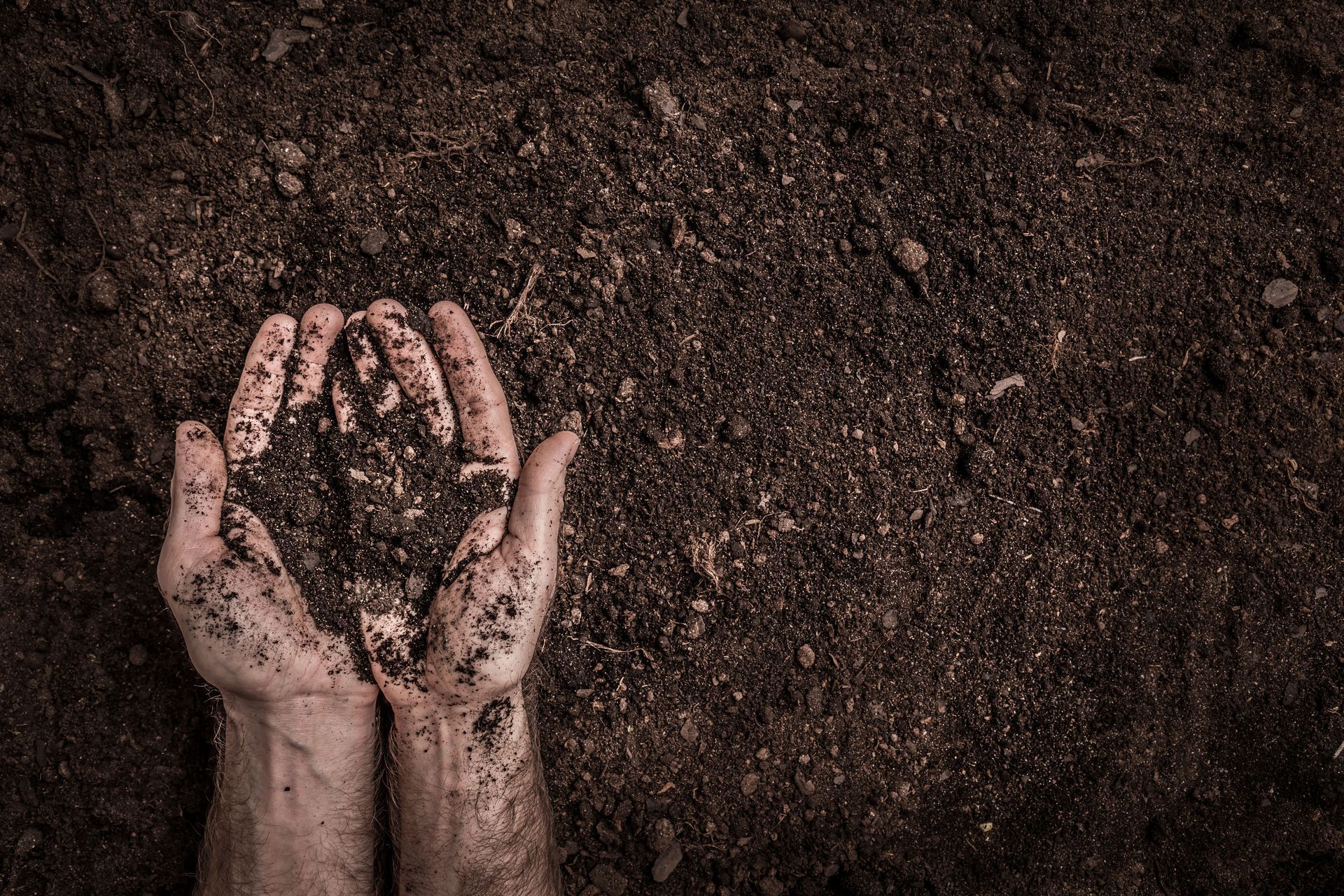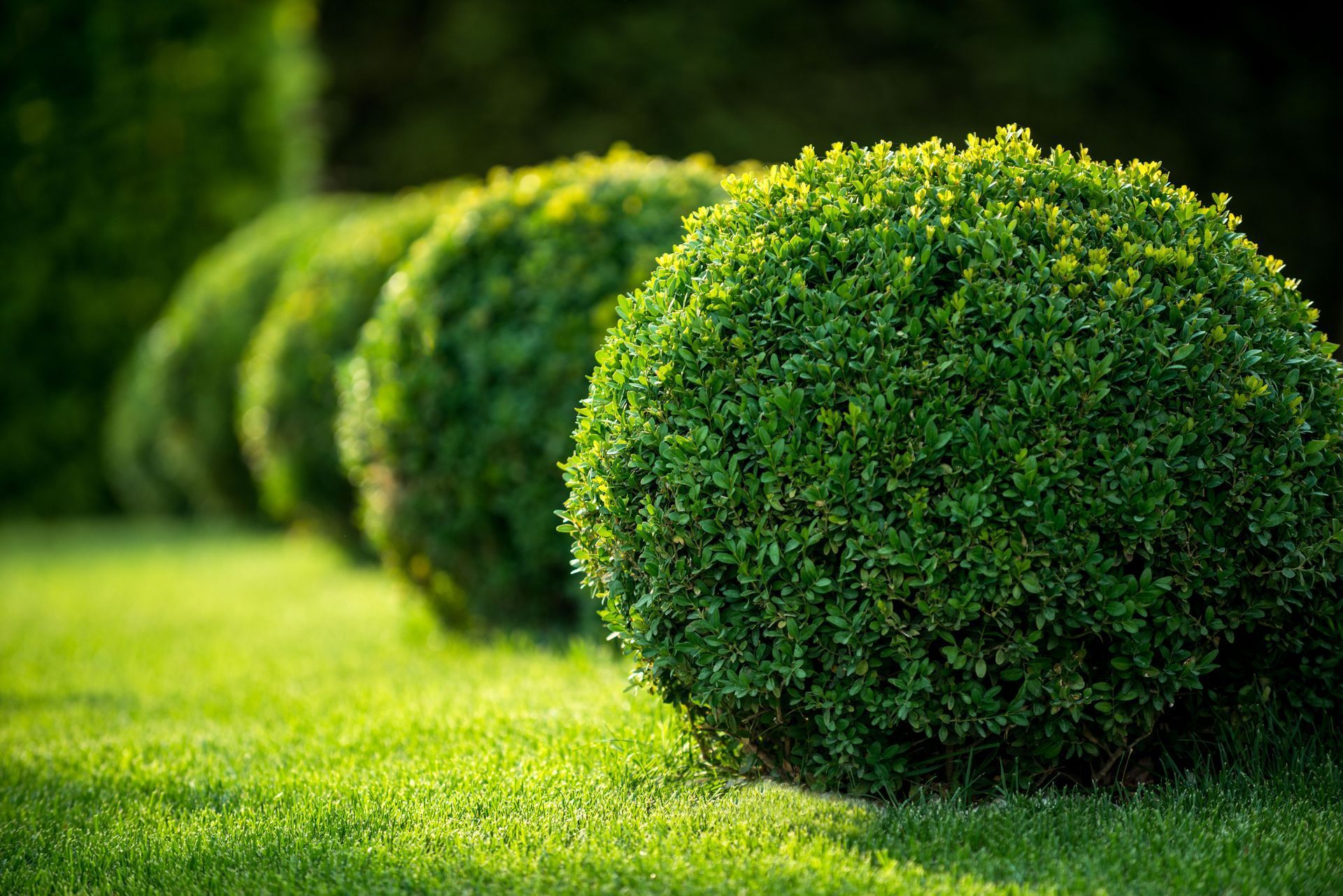October 20, 2025
Choosing the right garden soil is crucial for fostering healthy plant growth and maximizing the potential of your outdoor space. Whether cultivating vegetables, colorful flowers, or a vibrant lawn, understanding soil types and their unique requirements ensures stronger, more resilient plants. According to Houzz, a 2024 study surveying over 1,100 U.S. respondents found that one-third (33%) of homeowners are upgrading their outdoor areas to extend their living space, highlighting the growing focus on functional and appealing gardens. By selecting soil that meets the specific needs of your plants, you can enhance both the beauty and productivity of your garden.
Understanding Soil Composition
Soil texture plays a crucial role in determining the success of a garden. It is composed of different percentages of sand, silt, and clay, each contributing unique characteristics to the soil. Sandy soils provide excellent drainage but may lack in nutrient holding capacity. Conversely, clay soils retain water well but may lead to waterlogged conditions, affecting plant roots negatively. An ideal garden soil, often termed loam, contains a balanced mix of these components, supporting both drainage and nutrient retention.
Organic matter is vital for garden soil health as it improves structure, nutrient supply, and water retention. Decomposed plant residues and animal manures contribute to this organic component known as humus. This nutrient-rich substance is essential for feeding soil microorganisms, which in turn release nutrients to plants. Additionally, organic matter enhances soil’s ability to absorb and retain moisture, reducing the need for frequent watering.
Soil pH is a measure of acidity or alkalinity, affecting nutrient availability for plants. Highly acidic or alkaline soils can lead to nutrient deficiencies, despite the presence of nutrients in the soil. Adjusting the pH can be accomplished through the addition of lime to raise pH or sulfur to lower it. Regular soil testing can help gardeners maintain the optimal pH for their specific plant types.
Choosing Soil for Vegetables
Vegetables generally thrive in soils with a texture conducive to good aeration, drainage, and root development. Loamy soils, with their balanced mix of sand, silt, and clay, offer ideal conditions for a wide range of vegetables. These soils facilitate the exchange of air and water, crucial for root health and nutrient availability. Although sandy soils may require additional organic matter to boost fertility, they offer excellent drainage benefits for root crops. Ensuring the right soil texture is essential for maximizing vegetable yields and garden productivity.
Vegetable plants have specific nutritional requirements that must be met to achieve optimal growth and yield. Nitrogen is crucial for leafy vegetable development, while phosphorus and potassium are essential for root and fruit-bearing plants. Regular soil tests can help gardeners determine existing nutrient levels, facilitating informed fertilization decisions. Organic fertilizers, such as compost and well-rotted manure, are excellent sources of nutrients and can improve soil fertility. Addressing the specific nutritional needs of vegetables is key to a successful and productive harvest.
Incorporating organic matter is a vital step in preparing vegetable garden soils. Organic matter, such as compost or aged manure, enriches the soil with nutrients and improves its structure, promoting root growth and water retention. It also supports beneficial soil organisms that contribute to nutrient cycling and disease suppression. Regularly adding organic matter can lead to healthier plants and abundant vegetable harvests.
Creating the Ideal Lawn Soil
Soil texture significantly influences the success of lawns by impacting water retention and aeration. Lawns typically require well-draining soils with a mix of sand, silt, and clay to provide stability while supporting grass growth. Loamy soils are often ideal for lawns as they balance drainage with nutrient retention. If the existing soil texture is not suitable, amendments like sand or organic matter can be incorporated to improve conditions. Ensuring the right soil texture is crucial for the establishment and maintenance of a healthy, lush lawn.
Lawns require a balanced supply of essential nutrients to encourage not only growth but also resistance to diseases and stresses. Nitrogen is crucial for lush, green growth, while phosphorus aids root development, and potassium enhances disease resistance and drought tolerance. Fertilization schedules should be tailored to provide consistent nutrients throughout the growing season. Organic fertilizers and lawn-friendly amendments can improve nutrient availability while minimizing environmental impact. Ensuring the availability of essential nutrients is indispensable for maintaining a healthy and vibrant lawn.
Amending Soil for Improved Growth
Diagnosing common garden soil issues is the first step in remedying conditions that impede plant growth. Compaction, poor drainage, nutrient deficiencies, and imbalances can all affect plant health. Conducting soil tests and physical inspections, such as assessing compaction and infiltration rates, provide valuable insights into soil problems. External factors, like excessive thatch or poor water management, might also contribute to soil challenges. Identifying the specific issues affecting soil quality enables gardeners to implement targeted solutions for improved growth.
Soil amendments range from organic to inorganic materials, each serving different functions. Organic amendments, such as compost, manure, and peat moss, improve soil structure, fertility, and water retention. Inorganic amendments, like vermiculite, perlite, and lime, modify soil texture and pH. Selecting the right type of amendment depends on the specific needs of the soil and plants. Combining both organic and inorganic amendments can enhance soil properties comprehensively. Understanding the purpose and benefits of each amendment type ensures their effective use in garden management.
Mulching offers numerous benefits for soil health, including moisture retention, weed suppression, and temperature regulation. Organic mulches like straw, wood chips, and shredded leaves break down over time, adding nutrients and organic matter to the soil. The right mulch can protect soil and promote healthier gardening ecosystems. Effective mulching adds an extra layer of resilience to garden management strategies.
Testing and Monitoring Soil Health
Conducting comprehensive soil tests is an essential practice for maintaining and improving soil health. Soil tests provide critical information on pH, nutrient levels, and the presence of contaminants. Understanding these parameters helps gardeners make informed decisions about amendments, fertilization, and soil management. Testing should ideally be conducted before new planting phases or when troubleshooting persistent garden issues. Regular soil testing forms the foundation for a responsive and effective gardening approach.
Interpreting soil test results allows gardeners to understand the current state of their soil and respond appropriately. Most tests will indicate levels of macronutrients like nitrogen, phosphorus, and potassium, in addition to pH and organic matter content. Knowing how to read these results ensures that any deficiencies or excesses can be addressed through targeted amendments. Comprehensive interpretation supports optimal soil management and plant health.
Ongoing soil monitoring is vital for sustained plant growth and soil vitality over time. Regularly assessing factors like nutrient levels, pH, and organic content allows for adjustments that maintain soil health. Seasonal changes and plant usage can alter soil conditions, necessitating periodic reviews and interventions. By keeping a log of soil tests and amendments, gardeners can track improvements and anticipate future needs.
Selecting the right garden soil is pivotal for the growth and vitality of vegetables, flowers, and lawns. By paying attention to the specific needs of each plant type and making informed amendments, gardeners can ensure a vibrant and productive garden. Continuous monitoring and adjustments based on soil testing can help maintain optimal conditions for plant health and sustainability. Get in touch with Ever-Green Landscape Construction Supply for more information about soil health.








